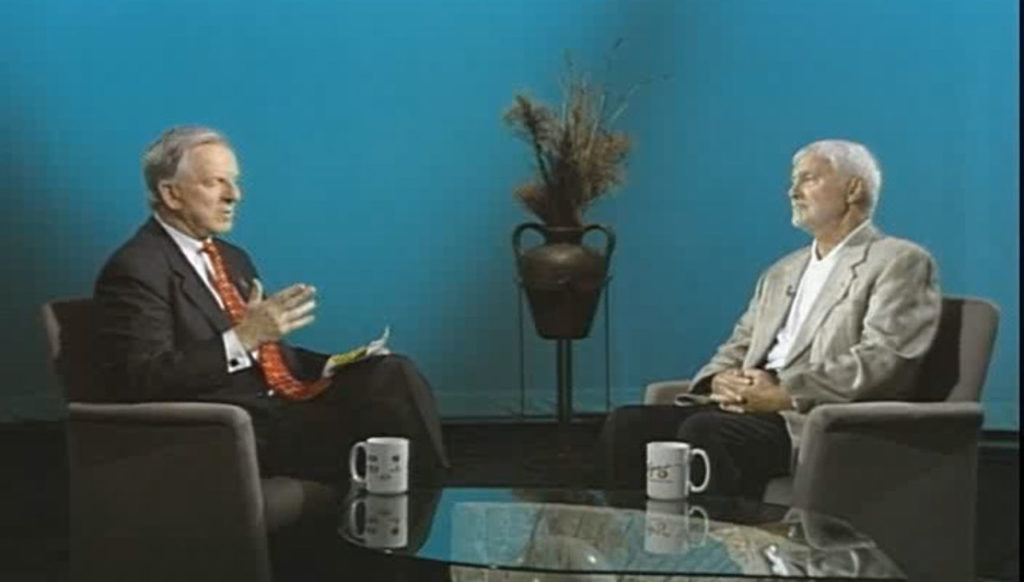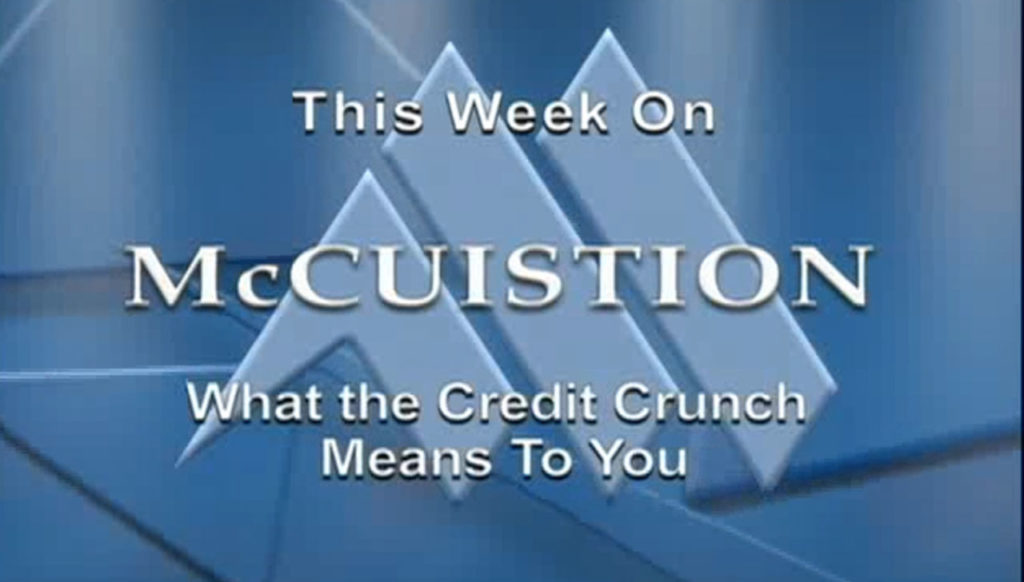Currently, there is an annual shortage of 22 million units of blood worldwide. This blood shortage is expected to increase as demand outstrips supply. In this edition of McCuistion Television, Dennis McCuistion and a panel of experts discuss the extremity of the blood shortage situation as well as innovative ways for solving the problem.
Panelists include:
- Art P. Bollon, Ph.D, Chairman and CEO, HemoBioTech, Inc.
- Lt. General B. Mittemeyer, MD, Former US Army Surgeon General and Professor of Urology, TTUH SC
- Dr. John Theus, MD, Chief Medical Officer, South Central Division, American Red Cross
With only 5-8% of the eligible 50% of the population giving blood, the blood shortage situation does not appear to be improving. This session begins with the panelists discussing issues related to blood shortages, war time differences in blood needs, and blood typing and its role and restrictions for donors and recipients.
The American Red Cross has been responsible for collecting blood for many years. Although many might assume that the biggest concern for the Red Cross is the recipients of the blood, equally important to the Red Cross is the safety of each donor. Dr. Theus goes on to explain where the Red Cross in America stands in relation to contamination rates in comparison to other countries.
Bollon and his team created a substitute for red blood cells that, while not being a substitute for whole blood, is useful in helping move blood through the body by way of the hemoglobin. They have found a way to modify the hemoglobin with a chemical to make this possible. The substitute, Hemotech, induces patients to make more red blood cells. Essentially, it helps the body correct itself. The panelists spend more time explaining this drug, how it works and what it can do for science.
***
01.27.08 – 1706






